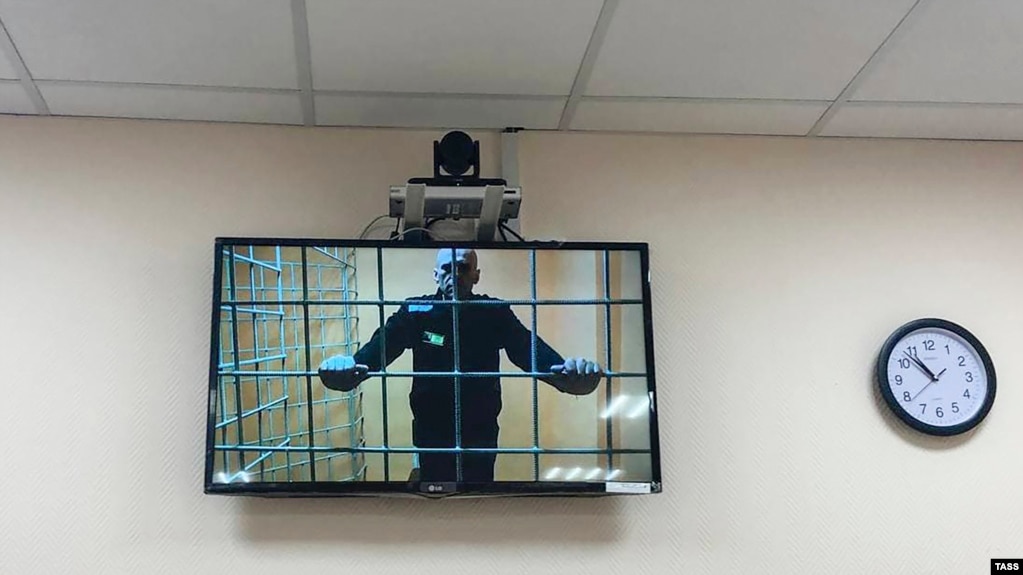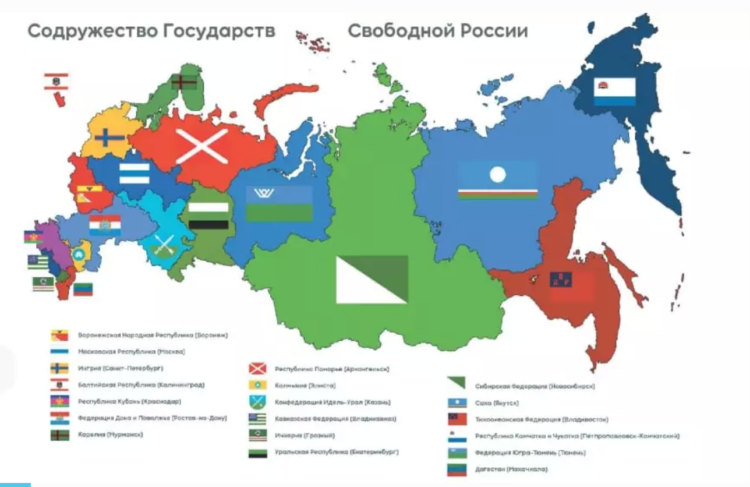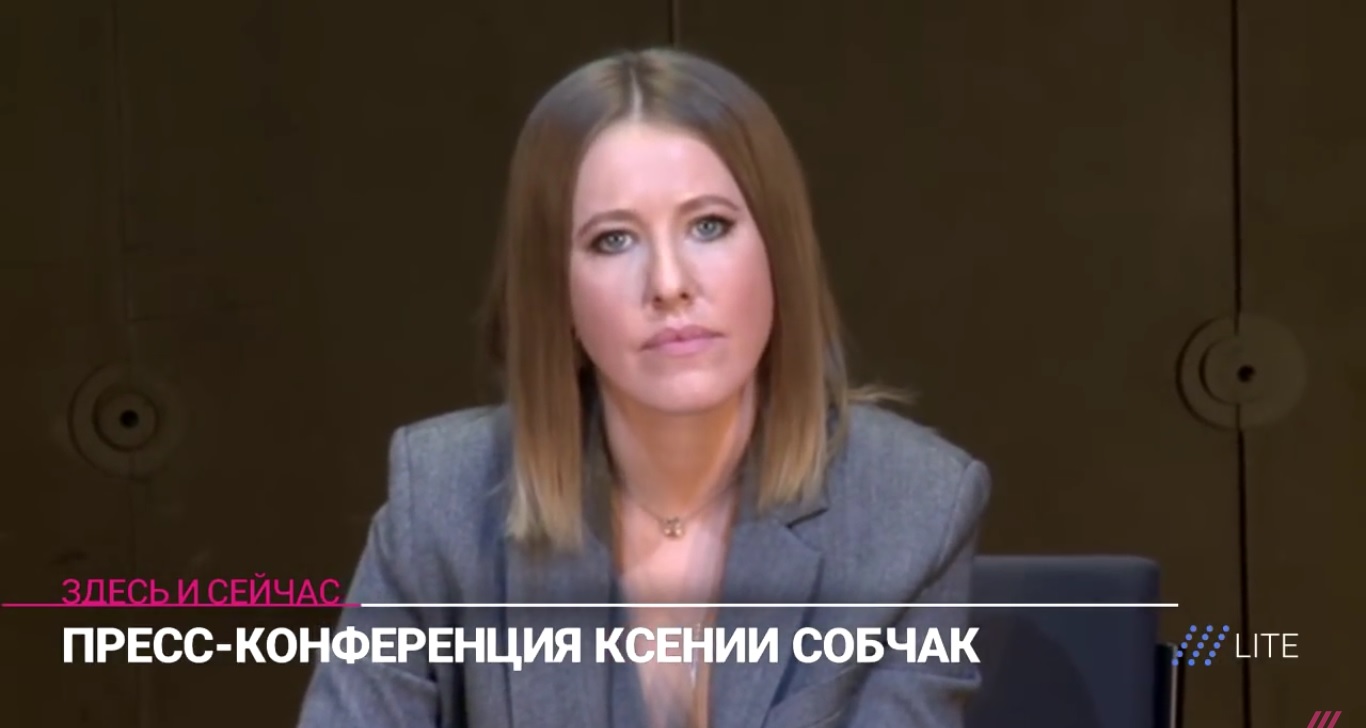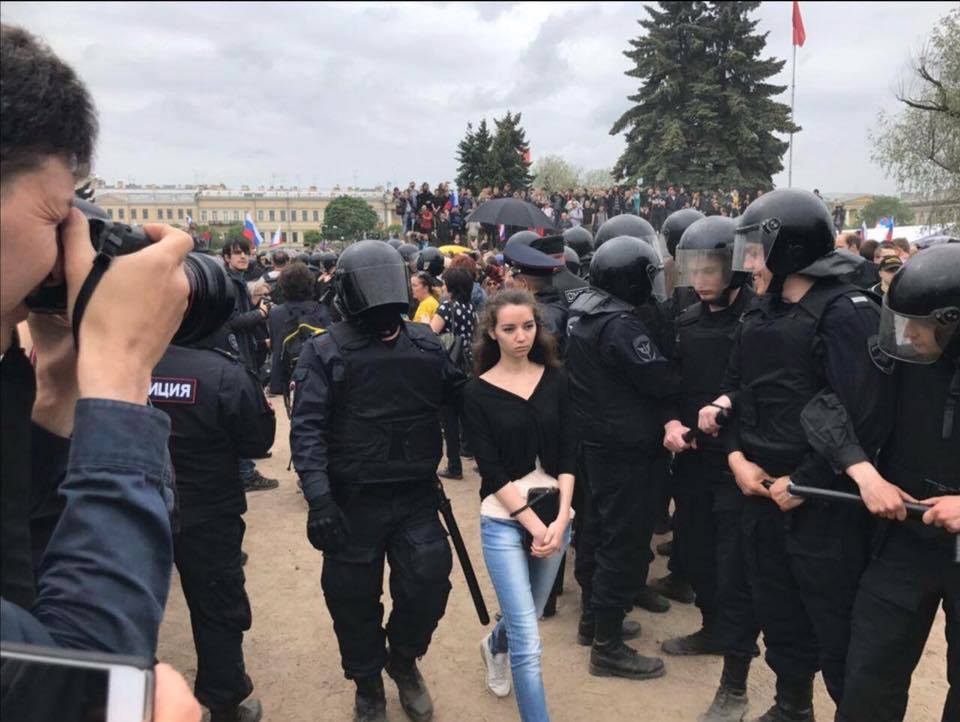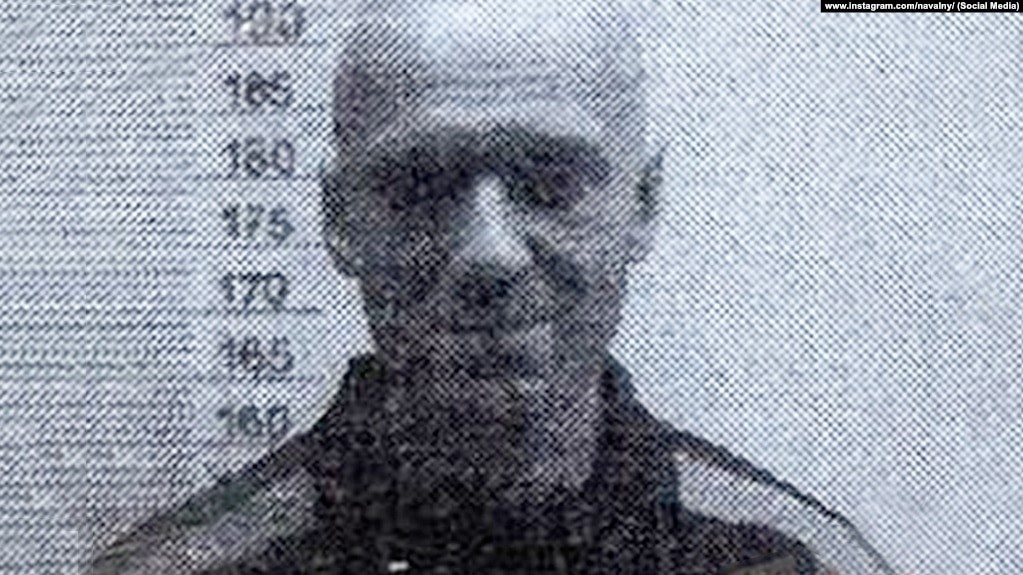
The Kremlin recognizes this, the London-based Russian analyst says; and that explains why its reaction has not been limited to hysterics but involves real “panic” as “the most horrible thing for any authoritarian and even more totalitarian power is to cease to be frightening.”
But the steps the Kremlin has taken in response to smart voting have been so clumsy that “no one, besides those who are behind them will believe in the legitimacy and justice” of the upcoming elections, Pastukhov says; and that by itself will cost the regime more than it had ever counted on up to now.
According to the analyst, the problems have arisen because of the differing approaches to rule promoted by two sets of Kremlin advisors, those once led by Vladislav Surkov and those now led by Vyacheslav Volodin and Sergey Kiriyenko and the clever way Navalny has exploited the openings that the incomplete shift from one model to the other offer.
Surkov’s “sovereign democracy
” allowed Putin to run the country but with other institutions still playing a role. Volodin’s “imitation democracy” forced the regime to change, making Putin the obvious center of everything and thus any losses in support by others a loss of support for him as well.
Under the latter, Pastukhov argues, “the higher the personal authority of Putin, the lower the collective authority of his United Russia party becomes” because even Putin’s most loyal supporters who don’t want to vote for opposition parties are delighted “for fun” to vote for “any legal but not anti-Putin alternative” to United Russia
. Navalny’s tactic provides them with that chance.
Under the sovereign democracy model, that would not be a threat; but under the imitation one where Russia and Putin are equated, such actions redound against Putin and his regime even though they are being carried out by groups that are more loyal than disloyal, Pastukhov continues.
As the powers that be recognized this, they became increasingly clumsy in their response. Surkov was among those who saw this, but things had gone too far for him to be able to revive his earlier arrangement that would have separated Putin from United Russia and protected him from the consequences of "smart voting."
And as a result, “to somehow stifle Navalny’s initiative,” Pastukhov says, “the Kremlin had to shred its entire democratic window dressing in a matter of months. The set collapsed revealing the totalitarian reality behind it.” Navalny thus managed to show that “there is no democracy in Russia, neither sovereign nor imitation.”
Read More:
- The Russian elections and hidden regionalist politics
- What is Russia’s real grand strategy? RAND think tank investigates
- Moscow planning to slow down Internet speeds to where they were in the 1990s, Grozev says
- Western sanctions regime must be fundamentally revised because Russia is a mafia state, Gessen says
- Putinism is the post-industrial form of fascism, Skobov says
- Russian company relocated to Siberia 2,000 Ukrainian miners with their families
- Moscow complains about campaign against Russian speakers in Ukraine while waging a far more sweeping one against Ukrainian speakers in Russia, Yatsenyuk says
- Trading socialism for chewing gum: Kremlin building military doctrine on self-deception
- Some in Moscow and Nur-Sultan see Kazakhstan becoming ‘another Ukraine’

